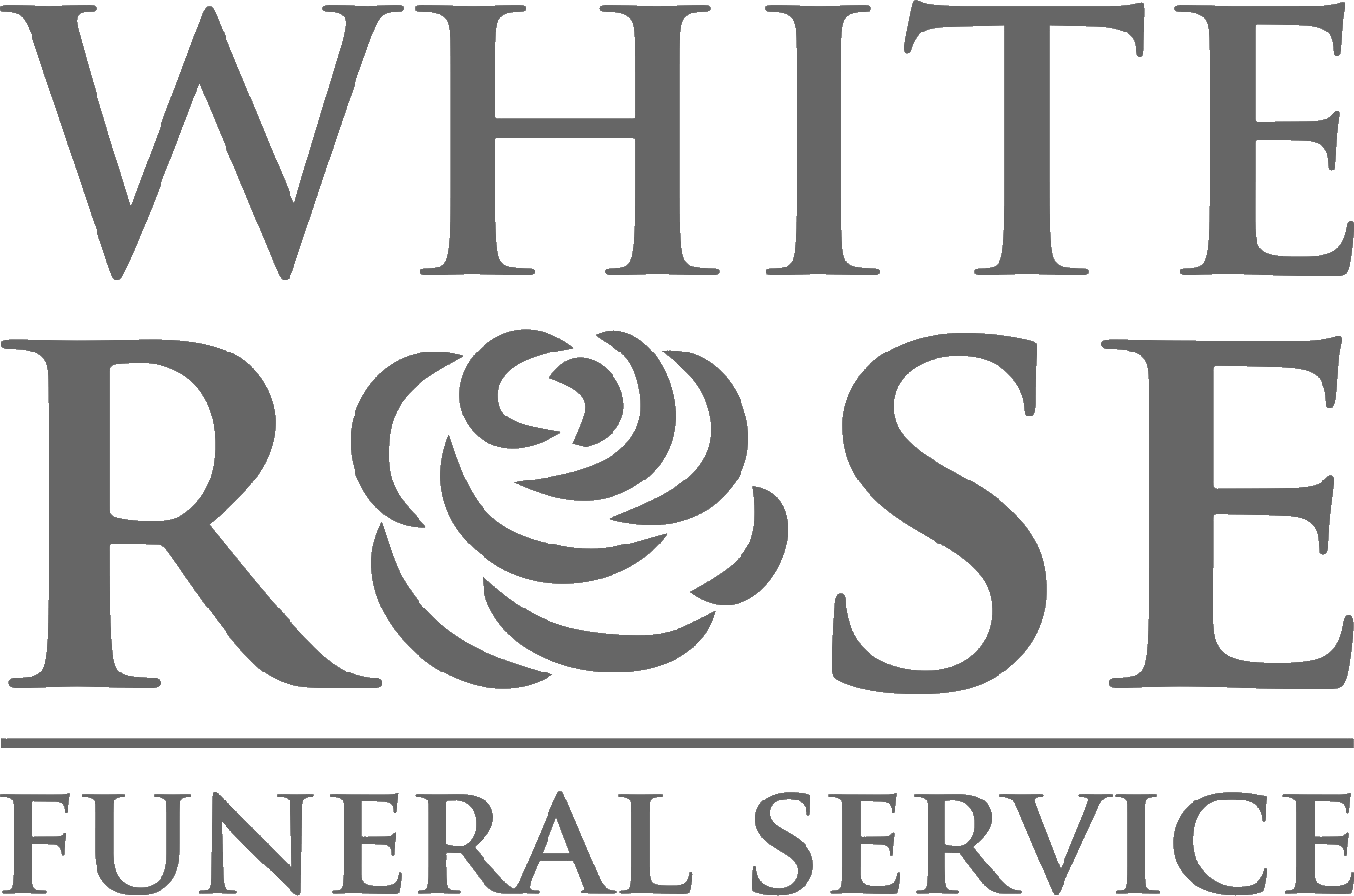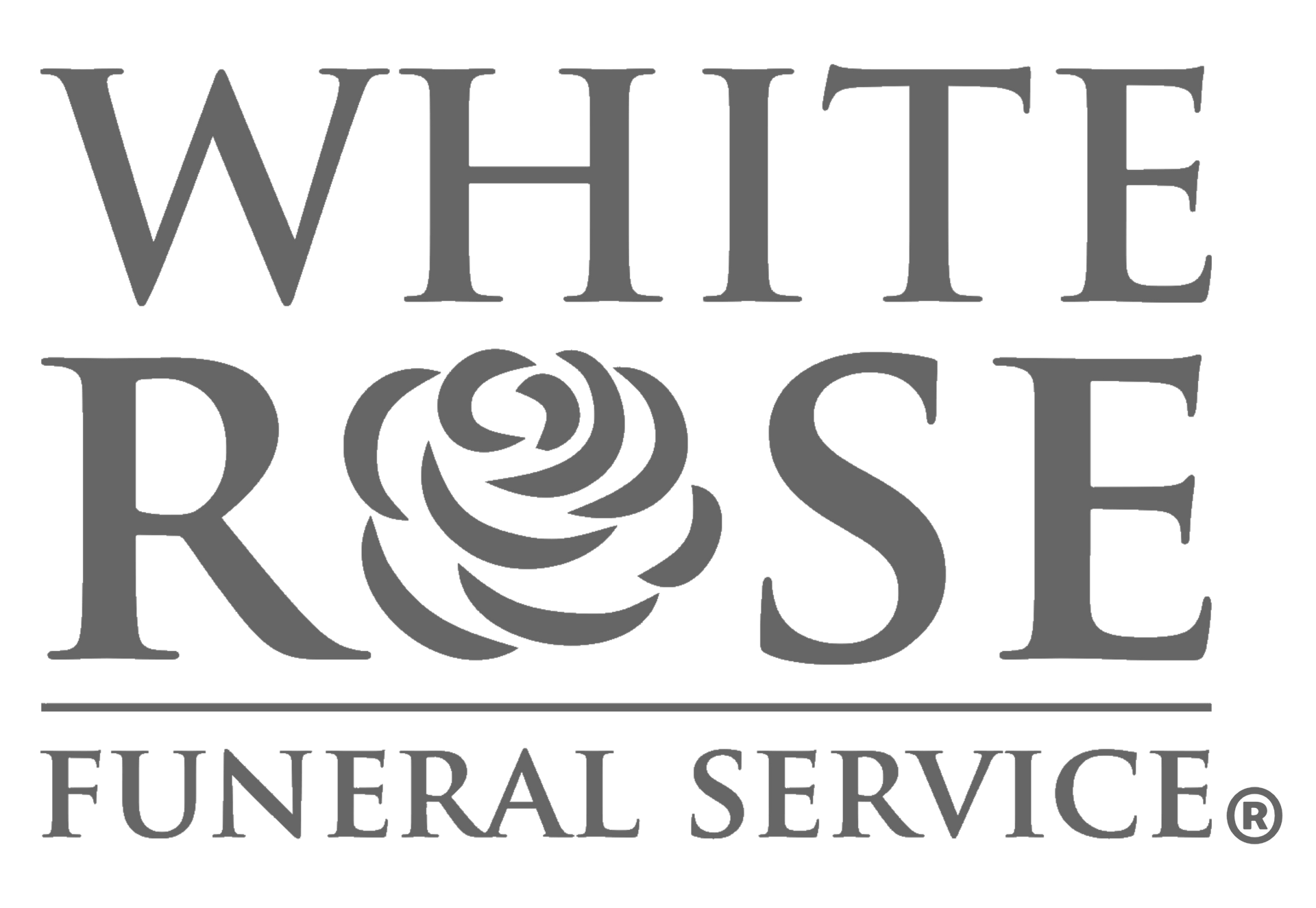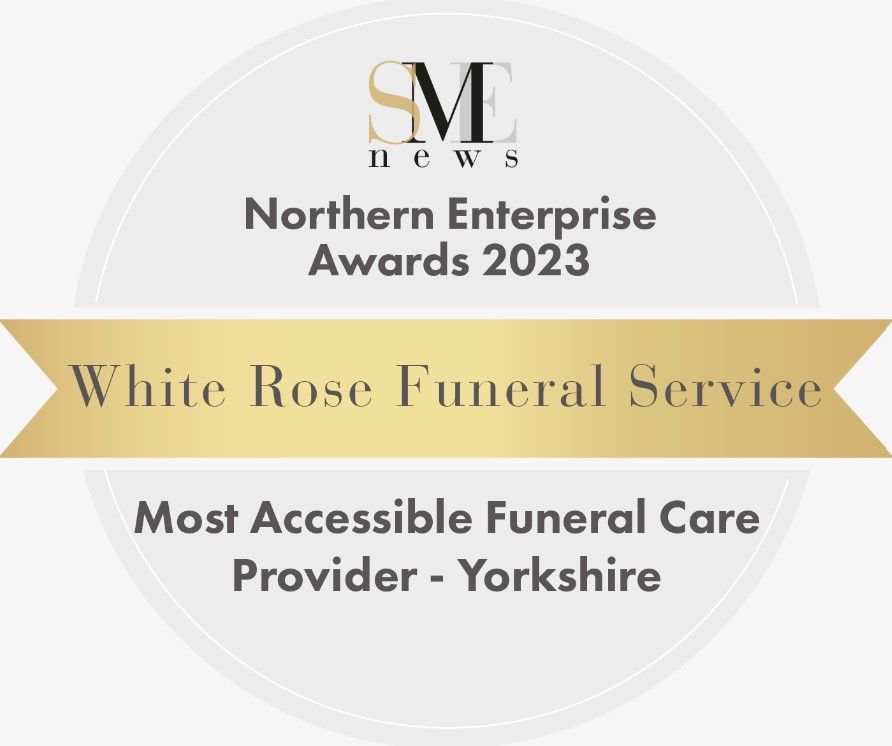Call us 24/7 on the following numbers: Burley in Wharfedale & Ilkley:
01943 969 556, Leeds:
0113 892 1078, Barnsley:
01226 888178
Call us 24/7 on the following numbers: Burley in Wharfedale & Ilkley:
01943 969 556, Leeds:
0113 892 1078, Barnsley:
01226 888178
Steps To Take When Someone Dies
The following sections explain the Steps to take when someone passes away at:
If a death of a loved one has occurred at home or you are expecting it, please do the following:
- Phone your loved one’s doctor or the NHS Helpline 111 to arrange for a medical professional to certify the death. The professionals qualified to do this are: Out of hours, an on-call doctor or senior nurse.
- Once the death is certified please contact us immediately. We then arrange the conveyance to our Chapel of Rest.
- Collect the Medical Certificate from the doctor.
- Contact the Registrar’s Office to arrange an appointment to register the death. The death must be registered within 5 days in England and Wales. In Scotland, it is 8 days. Contact the Registrar’s Office in the local area for the deceased.
- Please telephone our office to start the process for planning for the funeral. One of our friendly team will invite you to our office to explain the stages.
If expecting a death or if you have had a death in a hospital, you should:
- Call the Bereavement Office to collect the Medical Certificate Of Cause Of Death to register the death. The Bereavement Office will advise you about the time you can collect the Medical Certificate for registration.
- Next you should contact the Registrar’s Office to arrange an appointment to register the death. The death must be registered within 5 days in England and Wales. In Scotland, it is 8 days. Contact the Registrar’s Office in the locality of the deceased.
- Contact the funeral director to begin the funeral arrangements. Also, for the conveyance of your loved one from the hospital to our Chapel of Rest.
- Call our office to make arrangements for the funeral.
If expecting a death or have had a death in a care home, you should:
- Contact the deceased’s doctor to verify the death.
- The doctor will issue a Medical Certificate of Cause of Death which you need to register the death. The doctors’ surgery will let you know when to collect the certificate.
- Once the death is verified, please contact us at White Rose. We will then collect your loved one in the day or night. Our team of funeral specialists will care for them until the funeral.
- Next, contact the Registrar’s office to arrange an appointment to register the death. The death needs to be registered within 5 days in England and Wales. In Scotland, it is 8 days. Contact the Registrar’s Office in the locality of the deceased.
- Finally, call the White Rose team to start planning for the funeral.
Registering a Death in the UK
In England and Wales, a death must be registered within five (5) days. Registration must be carried out by the Registrar of Births and Deaths, for the area in which the death occurred. However, there will be some occasions where this is not possible, for example if it takes some time for the Medical Certificate of Cause of Death to be obtained. In this case the registrar will likely give permission for a 14-day extension.
We will advise you, if you are unsure whether or not you have authority to register the death.
At Present due to Covid-19 all appointments to register a death are being done by telephone appointment only - if this changes we will let you know immediately.
- Speaking to the Registrar
When speaking to the Registrar, you will need to have the following information to hand:
- Medical Certificate of Cause of Death
- Deceased’s Date of Birth and place of Birth
- Marriage Certificate (if relevant)
- Deceased’s National Health Medical Card (if possible)
- First name/s, surname and any other names used officially (and maiden name where relevant)
- Usual home address
- The Address and Date where the person died
- The Registrar will ask for the Occupation of the Deceased
- Date of birth of surviving partner
- If the deceased was in receipt of pensions/other benefits/private pension
- Information about yourself
The Registrar will ask you, to provide information about yourself – as you are the person registering the death:
- First name/s and surname
- Relationship to the person who has passed away
- Usual home address
- The Registrar will issue the following Documents
Once you have Registered the Death – The Registrar will issue the following Documents so you can make a Telephone appointment – please ask our staff:
- A Certified Copy of an Entry of Death (usually known as the Death Certificate)
- The Registrar will charge a Fee of £11 each copy required
- You will usually require this document to provide for purposes of Probate, Banking, (including pensions and insurance, bonds and shares)
- A Certificate of Registration of Death (form BD8) Registrars' Certificate for Burial or Cremation (commonly known as The Green Form)
- This form will be sent directly to the bereavement office during this current time of Covid Ruling – although this may change in the future and if this form is given to you please hand it to your Funeral Director.
What to do if a Death is
referred to the Coroner
It is not uncommon for a death to be referred to the Coroner and there are usually two outcomes – A death cannot be registered until it has been agreed with the Coroner.
If there isn’t a Coroners’ Inquest
The Coroner will send you a form to confirm that the death can now be registered. They will also let you know whether a Cause of Death Certificate will need to be acquired from the deceased Doctor.
Once the registrar has received documentation from the coroner, you can register the death.
If there is to be a Coroners’ Inquest
If this happens - you may be offered a ‘Coroner's Certificate of the Fact of Death’ this is a certificate given before the inquest, which can help you to deal with estate affairs etc. At this time you will not be able to register a death with this.
After the inquest has reached its conclusion, the documentation will be sent by the coroner to the Registrars' Office to register the death.
Once this has been done, you will need to contact the Registrars’ Office should you require copies of the Death Certificate.
We can provide you with a detailed list of local Registry Offices. Usually, it would be a family member who would register the death but it could also be the person organising the funeral (not the funeral director), such as a close friend, or other professional i.e. the care home manager where the deceased has been living.
Tell us Once Information & Unique Reference Number
The Registrar will provide you with the certified copy of the death certificate and extra copies can be purchased at a cost of £11 each. Copies are likely to be required if you are dealing with the financial affairs of the person who has died.
Tell us Once Service
Many authorities have a ‘Tell us Once’ service which allows you to inform a number of government departments about a death in one go. It is a free and optional service which is available once you have registered the death with the registrar.
You will be given a unique reference number to use, either online or by telephone (on 0800 0857308).
If you choose to use the ‘Tell us Once’ service, you will need the following information for the person who has died:
- date of birth
- national insurance number
- driving licence number (if they had one)
- passport number (if they had one)
- Details of any benefits and pensions
- Details of any Local Authority Services – i.e.: did they have a blue badge
- Contact details for the next of kin
- Contact details for the person dealing with the deceased’s estate – names of any Executors
With this information, ‘Tell us Once’ will then inform:
- HMRC – to organise tax and benefit cancellation
- DWP – to stop pension payments and benefits or recalculate benefits where necessary
- DVLA – to cancel a driving licence
- Passport office – stop a Passport
- Local Authorities – Contacting the local council to cancel council tax, housing benefit, remove from the electoral register and cancellation of a Blue Badge if required
- Private & Armed Forces – to contact the relevant authorities in regard to any relevant pensions
When a person passes away, there will be a number of important things that will require immediate attention.
-
Contact Organisations Institutions
You will need to contact the following organisations institutions:
- Banks and Financial Institutions - cancel cards banks and building societies. Accounts need to be closed and any joint accounts amended
- Car Insurance - documentation will have to be changed as you are not legally insured to drive if the policy is in the deceased’s name
- Department for Work and Pensions DWP - Form 344/BD8 is a white certificate provided by the Registrar of Deaths and needs to be completed to cancel any direct payments into a bank account
- Employer, Professional Association and Trade Unions
- GP, Medical Centre and/or Hospital - any outstanding appointments should be cancelled
- Inland Revenue and Social Security
- Investments and Insurance Policies - Premium Bonds are not transferable. The post office will issue you with a form that needs to be sent to the Bonds and Stocks Office. For further advice we suggest that you consult a Financial Advisor or Accountant
- Local Council - cancel any housing/rate benefits and council tax
- Post Office - arrange redirection of mail, a small charge may be applied
- Social Services - ie. district nurse, home care, meals on wheels etc. If there is equipment belonging to either of these, it must be returned
- Solicitor or formal legal representative
- Store Cards - loyalty, charge and credit need to be cancelled
- Utility Companies - gas, electric, water, telephone and satellite/cable companies – cancel accounts
- National Insurance Details
- Hospital or medical equipment - crutches, hospital bed, wheelchair, walking stick or walking frame
-
Items to Cancel
Items you may need to cancel:
- Appointments
- Chiropodist
- Dentist
- Eye specialist
- Hairdresser or barber
- Home care
- Home help
- Lottery ticket
- Meals on wheels
- Mobility bus
- Milk
- Newspapers
-
Items to return
Items to be returned:
- Passport – you should return the passport to: The Passport Office, UK Passport Agency, 5th Floor, India Building, Water Street, Liverpool
- Driving License – you should return the driving licence to: DVLA, Swansea
- SA99 1 AB vehicle registration documents – to change name of ownership
- Car insurance – to change the policy holder’s name or a refund may be issued
- Television license – to change name or a refund may be issued
- Season tickets and club memberships cards – a refund may be issued
- Library books and card
- Social media accounts such as Facebook and Instagram
Quick Links
Contact Info
Call us 24/7 on the following numbers:
Burley in Wharfedale & Ilkley: 01943 969 556
Leeds: 0113 892 1078
Barnsley: 01226 888178
Find Us
Barnsley:
The Old Police Station, 7 Blacker Road,
Mapplewell, Barnsley,
South Yorkshire, S75 6GW
Burley in Wharfdale:
85 Main Street,
Burley in Wharfdale,
LS29 7BU
All Rights Reserved | White Rose Funerals | Privacy Policy
Website Designed by Up2speed Marketing Limited




